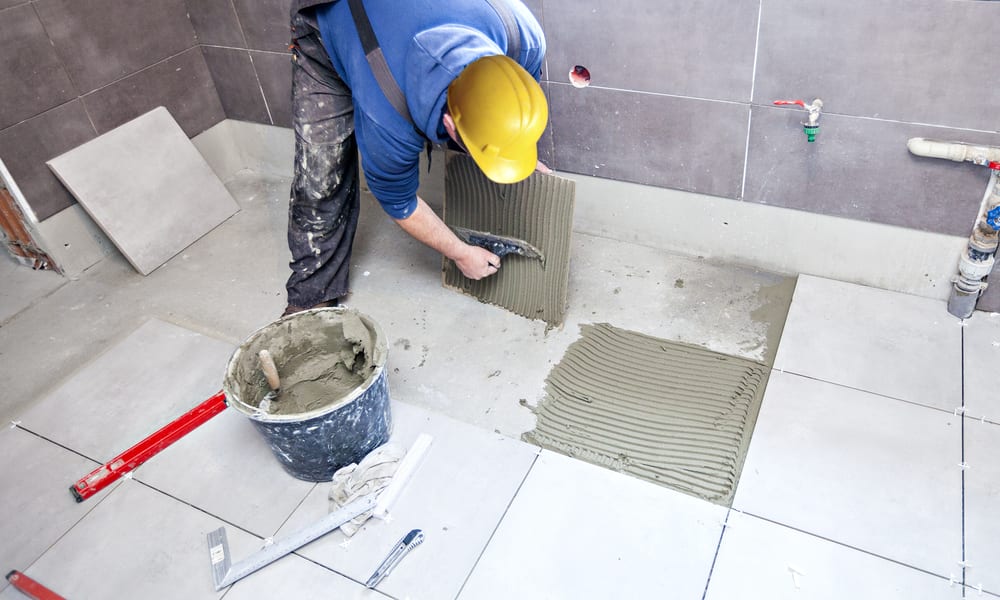Careers in Flooring: Skills, Roles, and Job Pathways
Flooring jobs cover a wide range of hands-on tasks and supervisory roles that support both new construction and renovation work. Installers, finishers, and supervisors work with materials such as hardwood, tile, vinyl, laminate, and carpet to create durable, safe surfaces. A career in flooring often intersects with broader construction trades and carpentry, and can lead to roles in estimating, project management, or owning a small contracting business. This article explains common tasks, required skills, how flooring fits into construction projects, and practical steps for starting or advancing a flooring job.

What do flooring jobs involve?
Flooring jobs typically include surface preparation, layout and measuring, cutting and installing materials, and applying finishes or trim. Installers must assess subfloors for flatness and moisture, choose appropriate adhesives or fasteners, and follow manufacturer guidelines for each material. Work can be physically demanding and requires attention to detail to avoid gaps, uneven transitions, or premature wear. Many flooring roles also involve cleanup, client communication, and coordination with other trades on-site to keep construction schedules on track.
How does flooring fit into construction projects?
In construction, flooring is scheduled after rough mechanical, electrical, and plumbing work but often before final trim in some workflows. Proper sequencing avoids damage to finished floors and reduces rework. Flooring installers coordinate with general contractors, drywallers, and finish carpenters to ensure thresholds, stair treads, and transitions are aligned. On larger sites, flooring teams may follow moisture testing and subfloor remediation, and they must comply with safety and building-code requirements for commercial and residential jobs in your area.
Which carpentry skills apply to flooring?
Carpentry skills are highly relevant to many flooring jobs. Accurate measuring and squaring, conservative material layout, and precise cutting are shared skills. Knowledge of stair construction, threshold and transition installation, and trim carpentry improves the quality of finished work. Familiarity with power saws, routers, nailers, and specialized flooring tools increases efficiency. Reading plans and interpreting specifications—skills taught in carpentry—help flooring professionals coordinate with architects and general contractors on finish levels and tolerances.
How to start a flooring career?
Starting a flooring career can follow several paths: apprenticeship with a flooring contractor, vocational or trade school programs, or on-the-job training under an experienced installer. Many installers learn by assisting on projects and gradually taking on measurement and layout duties. Manufacturer training programs and certification courses (for particular flooring systems) can be useful for technical knowledge and credibility. Licensing requirements vary by location, so check local regulations. Building a portfolio of before-and-after photos and gathering references from local services or employers in your area helps demonstrate experience to future clients or employers.
What does the flooring job market look like?
The flooring job market is tied to broader construction activity, renovation demand, and commercial build cycles. Residential remodels, property turnover, and new housing construction sustain steady need for installers and finishers. Seasonal fluctuations and regional housing trends affect availability of work. Career progression can move from entry-level installer to lead installer, estimator, project manager, or small-business owner. Transferable skills in construction and carpentry increase mobility across related trades and can reduce downtime between projects or job sites.
Conclusion
Flooring jobs combine technical skill, physical work, and coordination with multiple trades within construction projects. Strong carpentry fundamentals, attention to detail, and willingness to learn manufacturer methods help build a stable career path. Whether entering the field through apprenticeship, vocational training, or hands-on experience, the flooring trade offers roles across installation, supervision, and management that fit different work styles and long-term career goals.






